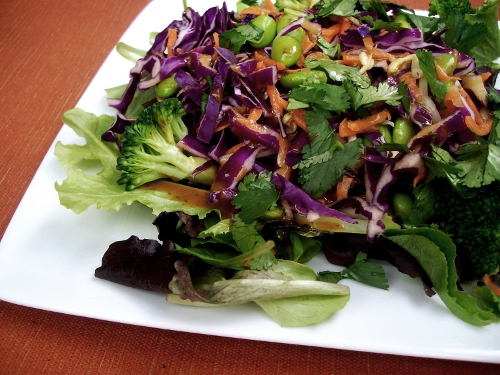
Saving money is a popular rationale for starting a vegetable garden at home. A commonly cited statistic from the National Gardening Association suggests that home gardeners can expect a return of $8 worth of produce for each $1 they invest in seeds, starts, fertilizers and pest control. Roger Doiron of Kitchen Gardeners International ran the numbers on his home garden and turned a profit of more than $2,000 with a return on investment of 852 percent. And a 2009 survey suggests that saving money on groceries was the second most commonly cited reason for food gardening.
In order to evaluate the viability of food gardening as a strategy to save money, I analyzed the most thorough data regarding home food gardening: a survey from the National Gardening Association
While this data suggests a variety of gardening profiles, I will use the "median food gardener" for my analysis. This food gardener manages a plot of 96 square feet, spends 3 hours per week in the garden, spends about $50 per year on supplies, and has four years of experience. She (54 percent of food gardeners are female) will net 48 pounds per growing season, or about one-half pound per square foot.
At this point, it would take some very generous assumptions for this investment to pan out. Even assuming that we grant our median food gardener two growing seasons and a $3 per pound value for her produce, the math is not looking good. She has grown $282 worth of food while investing $50 and 156 hours of her time. That comes out to $1.57 per hour, or less than one-fifth of California's minimum wage.
Despite all this, I predict that our median food gardener is quite pleased with the garden for five reasons.
First, she enjoys the freshness and flavor of her food. We've done scientific tests to compare the flavor of homegrown tomatoes to farmers market and grocery store tomatoes. It's not even close; homegrown produce tastes better.
Second, the quality of food has changed how she cooks. With more flavorful vegetables, she no longer needs to hide their flavor behind dressing, cooking oil, butter or salt. The result is simpler, healthier and tastier meals.

Third, she is excited to have a dynamic, beautiful landscape. While lawn and ornamental plants remain largely unchanged throughout the year, annual vegetables are always changing. As one Farmscape member attests: "I love seeing my husband come home from work and drive slowly down the driveway as he checks to see what's growing in the beds. I'ts really become part of our daily lives."
Fourth, gardening is one of the few hobbies that produces positive economic return, even if it's modest. Other approaches to getting a good workout, such as gym memberships, yoga classes or home exercise equipment, tend to be substantially more expensive.
Fifth, she enjoys introducing her children (or grandchildren) to homegrown food. Not only do these children enjoy playing in the dirt but it's a proven strategy for getting them excited about eating vegetables
So don't start a vegetable garden to save money. Do it because it's delicious. Do it to live a healthier lifestyle. Do it to introduce the next generation to vegetables the right way.